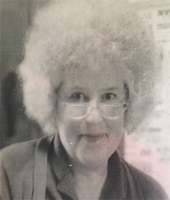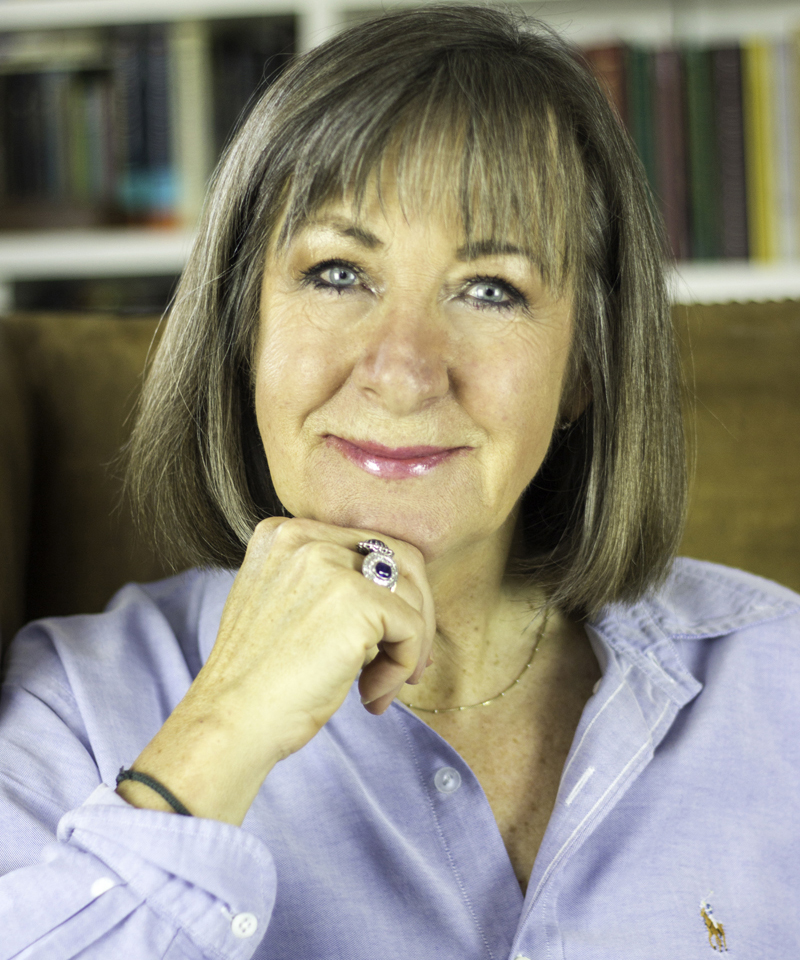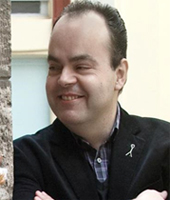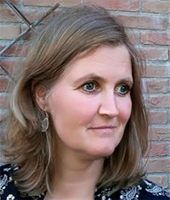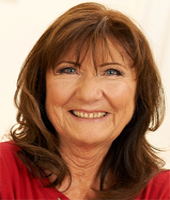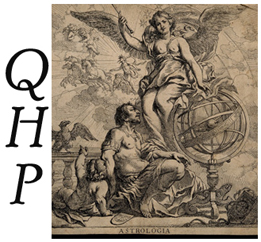 A woman with a gyroscopic globe, representing astrology.Etching by Cornelis Schut (1597-1655), the Flemish painter.Courtesy of the Wellcome Trust 2017
A woman with a gyroscopic globe, representing astrology.Etching by Cornelis Schut (1597-1655), the Flemish painter.Courtesy of the Wellcome Trust 2017
Why could astrologers of the seventeenth century predict events when present day astrologers cannot? When talking about prediction, one means clear, unambiguous answers to Questions such as ’Who will win the dispute?’, ‘Where is my cat?’, ’Am I pregnant?’, ’Will I marry him?’ Astrologers of the past could, and did, predict in that way, because they had inherited astrological principles handed down over generations: the residue of centuries of deep thought and study. Astrology is a subject that occupied the minds of great men for hundreds of years, long before the time of Pythagoras. Astrology helped our ancestors to penetrate the meaning of life on earth, to understand our relationship with the rest of the universe, to calculate time from the luminaries and to observe the connection between events on earth and the movement of the heavenly bodies. Lilly’s textbook was the first systematic and comprehensive astrology ‘textbook’ written in English. Previously such books were written in Latin. Specialist modern literatures on traditional methodology and practice include: Olivia Barclay, Horary Astrology Rediscovered (West Chester, 1990) and Barbara Dunn, Horary Astrology Re-Examined: The Possibility or Impossibility of the Matter Propounded (Wessex, 2009). Providing both theory and examples of practice, these publications might be viewed as both textbook and casebook of traditional and horary astrology. Numerous worked examples drawn from over 25 years of practice are to be found in Horary Astrology Re-Examined which is required reading for students studying for the Qualifying Horary Practitioner (QHP).
Founded by Olivia Barclay in 1984, the Qualifying Horary Practitioner (QHP) was the first correspondence course to teach traditional methods as practiced by the famous seventeenth-century astrologer, William Lilly. It was Olivia’s original edition of Christian Astrology which facilitated the new edition by Regulus Publications in 1984. The astrological community, in the United Kingdom, indeed, in the world owes much to Olivia Barclay. The QHP was the very first horary course with representation on the Advisory Panel for Astrological Education (APAE) with graduates eligible for membership of the Association of Professional Astrologers International (APAI). Olivia Barclay bequeathed the QHP to Barbara Dunn in 2001, who subsequently updated and enhanced the content of the QHP, in order to cohere more closely with the requirements of the modern astrological practitioner.
QHP Hellas, opened in 2015 by Petros Eleftheriadis in Thessaloniki, offers tuition for Greek speaking students world-wide. Tania Daniels offers tuition to German speaking students. Invoking the specialist astrological-medical knowledge of Barbara Dunn, Marcos Patchett (qualified herbalist) and Sharon Knight (Diploma in Phytotherapy), preparations are currently underway for medical-astrology seminars, workshops and webinars.
The QHP also offers a Horary & Nativities module. Certainly the most important of all charts, the pre-eminence of the Nativity is confirmed by William Lilly (1602-1681) and his contemporaries. No promising Horary can contradict the testimony of the Nativity. Equally, the Election and Decumbiture should also be cross-referenced with a Nativity. Henry Coley (1633-1704) confirms ‘tis but a vain and foolish thing for any person to constitute an Election’, without knowledge of the Nativity. Alongside the more general testimony of the Nativity, the more precise testimony of the Horary reveals information relating to a specific enquiry at a specific point in time. In deploying the testimony of the Nativity alongside the Horary (and other charts), the practitioner is able to provide a more complete analysis and interpretation. It is for this purpose that the QHP offers a unique module, combining both horary and genethliacal (natal) techniques, devised by QHP Head Tutor, Petros Eleftheriadis.
Both the QHP Diploma (Horary) module and the QHP Diploma module (Horary & Nativities) are designed primarily for QHP Certificate holders, but Certificate holders from other courses and other interested students are also welcome, provided that the required level of competence in astrological theory can be demonstrated. The Horary & Nativities module is particularly concerned with predictive techniques applied to Nativities, such as primary directions, secondary progressions, solar and lunar returns, profections and so on. Yet, the Horary & Nativities module also builds the theory and practice of horary techniques taught at QHP Certificate level in its application of these techniques to a wider range of charts. Successful completion of this new QHP Module entitles the holder to the initials QHP (Qualifying Horary Practitioner).
The Qualifying Horary Practitioner is taught by a highly qualified team of specialists, many of whom have a university education, as well as extensive training in astrological methodology and its practical application. The QHP Principal, Dr Barbara Dunn, was awarded a doctoral studentship from the prestigious Wellcome Trust in 2016. Barbara’s PhD research explores the application of astrology to medical matters in early modern England. The QHP is, therefore, uniquely equipped to offer courses of a very high standard, invoking the educational and astrological skills of its team of teachers/practitioners. QHP teaching is primarily concerned with the understanding and application of traditional astrological principles to a range of human concerns. Former QHP students include Lee Lehman, John Frawley, Sue Ward and Deborah Holding, all of whom have subsequently been engaged in the teaching of astrology.
Click here to contact us for further information
QHPAstrology.co.uk - Qualifying Horary Practitioner (QHP) Established 1984
Copyright QHPAstrology.co.uk 2023 ©

